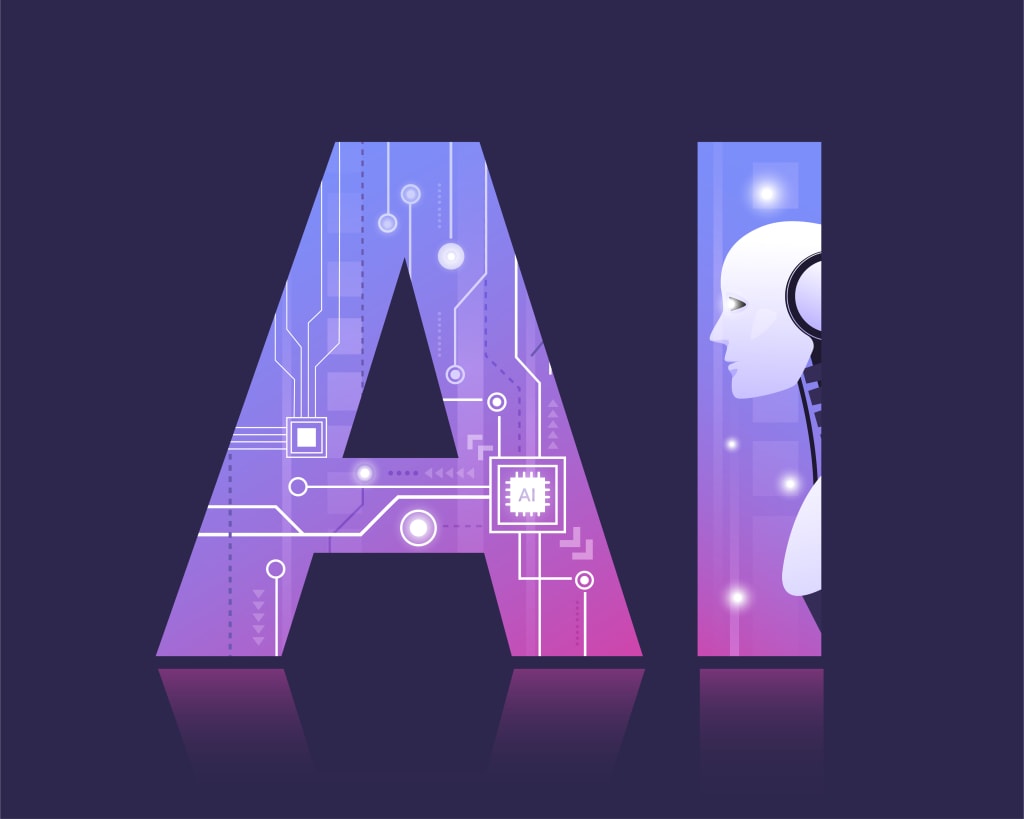
The Future of Artificial Intelligence: A Look Ahead
Artificial Intelligence (AI) has come a long way since its inception and has become an integral part of our lives. From Siri and Alexa to self-driving cars, AI has the potential to transform the world as we know it. The future of AI is exciting and holds limitless possibilities, but it also brings with it concerns about ethics, job displacement, and privacy. In this blog, we'll take a look at the current state of AI and what the future might hold.
Current State of AI
Today, AI is being used in a variety of industries, from healthcare to finance to retail. AI algorithms can analyze large amounts of data, recognize patterns and make predictions with remarkable accuracy. In healthcare, AI is being used to diagnose diseases, predict patient outcomes, and develop personalized treatments. In finance, AI is being used to detect fraudulent transactions, analyze investment opportunities, and offer financial advice. In retail, AI is being used to recommend products, manage inventory, and provide personalized customer service.
AI has come a long way in terms of technology and its applications, but there are still limitations to what AI can do. For example, AI struggles with tasks that require common sense, empathy, and creativity. However, as AI continues to evolve, these limitations are likely to be overcome.
The Future of AI
The future of AI is bright, and experts predict that AI will continue to transform our lives in profound ways. Here are a few of the most exciting possibilities:
AI-powered Healthcare: AI has the potential to revolutionize the healthcare industry by providing personalized treatment, early disease detection, and better patient outcomes. AI algorithms can analyze large amounts of data to identify patterns and make predictions, helping doctors make more informed decisions.
AI in Finance : AI is also transforming the finance industry, making it easier to analyze large amounts of data and make better decisions. For example, AI can help banks detect fraud, analyze financial data to identify potential risks, and make personalized investment recommendations to customers.
Autonomous Cars: Self-driving cars are no longer a thing of the future. AI-powered vehicles can drive themselves, reducing the risk of accidents and improving road safety. AI algorithms can analyze traffic patterns, predict road conditions, and adjust driving patterns to avoid traffic.
Smart Cities: AI has the potential to transform the way we live by making cities smarter and more efficient. AI algorithms can analyze data from sensors and cameras to monitor traffic, manage energy consumption, and improve public safety.
Personalized Education: The education sector is another area where AI is expected to have a significant impact. AI-powered educational tools can personalize learning experiences for students, provide customized feedback and assistance, and help teachers manage their workload. AI has the potential to revolutionize the education industry by providing personalized learning experiences. AI algorithms can analyze student performance data, identify learning strengths and weaknesses, and develop customized lesson plans.
Improved Job Automation: AI has the potential to automate many jobs, freeing people from mundane tasks and allowing them to focus on more meaningful work. However, there are also concerns about job displacement and the impact on the economy.
Conclusion
Artificial Intelligence has the potential to transform the world as we know it, improving our lives in countless ways. The future of AI is bright and holds limitless possibilities, but it also brings with it concerns about ethics, job displacement, and privacy. It's important that we continue to develop AI in a responsible and ethical manner, so that the benefits of AI can be realized while minimizing the risks.





Comments
There are no comments for this story
Be the first to respond and start the conversation.